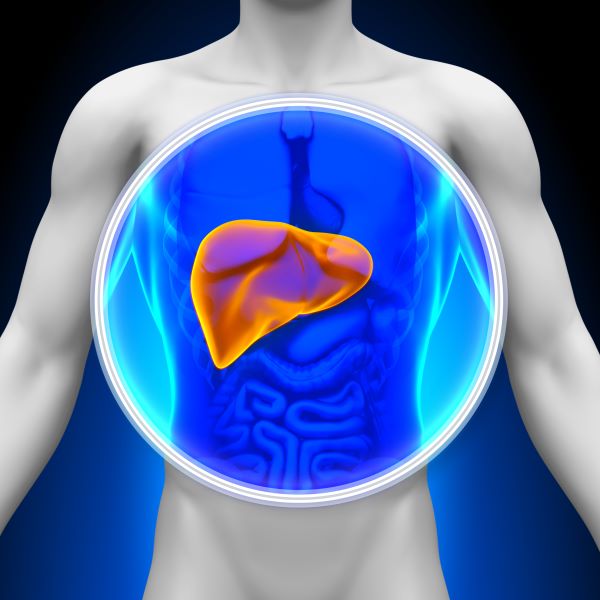RVC research drives the development of the world’s first dialysis machine for liver failure patients
Ground-breaking research from the Royal Veterinary College (RVC) has helped lay the foundations for the development of the world’s first dialysis machine for liver failure patients. Working in partnership with clinicians and scientists at UCL, the team of researchers created and tested a dialysis device in pigs which is now being used in clinical trials in human liver failure patients.

Liver failure is the third leading cause of premature death in the UK, with the prevalence of the disease increasing by 400% since 1970. Additionally, with high demand for liver transplants, this innovation has the potential to transform thousands of lives each year.
In acute liver failure, the severity and progression of the disease is, in part, due to activation of the immune system by the destruction of a protein (albumin) that helps clearing out toxins from the blood. Working to develop novel treatment methods, RVC researchers including, Dr Karla Lee, now former Associate Professor of Small Animal Surgery, Dr Carolina Palacios Jimenez, Senior Lecturer in Anaesthesia; and Dr Hatim Alibhai, now retired Senior Lecturer in Anaesthesia, worked with colleagues at UCL to develop a model of liver failure in pigs that was reproducible to allow the development, testing and refinement of a dialysis device that could also support human treatment.
Published in the Journal of Hepatology, the findings revealed that when the dialysis device is used together with albumin transfusion, in order to remove and replace the damaged one, it could reduce the risk of death in pigs experiencing acute liver failure by 67%. It also showed an ability to decrease a novel marker of liver failure (human non-mercaptalbumin-2) by 27%, reduce an overall severity of endotoxaemia by 54% and delay the development of vasoplegia and acute lung injury.
Supported by expert veterinary anaesthesiologists and highly experienced laboratory animal technicians from the RVC, and clinicians and scientists at UCL, Dr Lee’s study was a pivotal step in the process of developing this device for human clinical use.
Dr Carolina Palacios Jimenez, Senior Lecturer in Anaesthesia at the RVC, said:
“The level of collaboration in this project was amazing. Engineers, researchers, medical doctors, veterinary surgeons, veterinary anaesthesiologists and lab technicians came together to make this project a success. It is very satisfying to see that this type of study produced a device that is now used in clinical medicine and will help to save the lives of liver failure patients.”
Notes to Editors
Reference
The full paper can be found at: https://doi.org/10.1016/j.jhep.2015.04.020
For more information about UCL’s study, visit: https://www.ucl.ac.uk/news/2023/may/ucl-invented-dialysis-machine-proved-safe-and-effective-treating-liver-failure
For more information please contact:
Jasmin De Vivo jasmin.devivo@plmr.co.uk or rvc@plmr.co.uk
Press Line: 0800 368 9520
About the RVC
- The Royal Veterinary College (RVC) is the UK's largest and longest established independent veterinary school and is a Member Institution of the University of London.
- It is one of the few veterinary schools in the world that hold accreditations from the RCVS in the UK (with reciprocal recognition from the AVBC for Australasia, the VCI for Ireland and the SAVC for South Africa), the EAEVE in the EU, and the AVMA in the USA and Canada.
- The RVC is ranked as the top veterinary school in the world in the QS World University Rankings by subject, 2023.
- The RVC offers undergraduate and postgraduate programmes in veterinary medicine, veterinary nursing and biological sciences.
- The RVC is a research-led institution, with 88% of its research rated as internationally excellent or world class in the Research Excellence Framework 2021.
- The RVC provides animal owners and the veterinary profession with access to expert veterinary care and advice through its teaching hospitals and first opinion practices in London and Hertfordshire.
You may also be interested in:
-
New RVC study reveals how dragonfly wings can inform engineering and robotics
A new study led by the Royal Veterinary College (RVC) and Imperial College London has revealed how …

